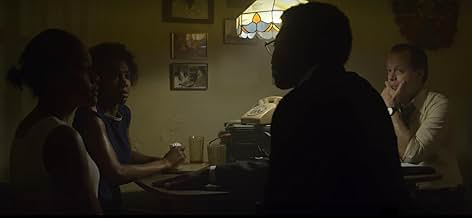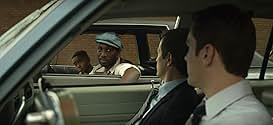Episode #2.4
- Episode aired Aug 16, 2019
- TV-MA
- 51m
Holden develops a controversial profile in the Atlanta slayings. Wendy conducts her first interview and finds being on the front lines suits her well.Holden develops a controversial profile in the Atlanta slayings. Wendy conducts her first interview and finds being on the front lines suits her well.Holden develops a controversial profile in the Atlanta slayings. Wendy conducts her first interview and finds being on the front lines suits her well.



















